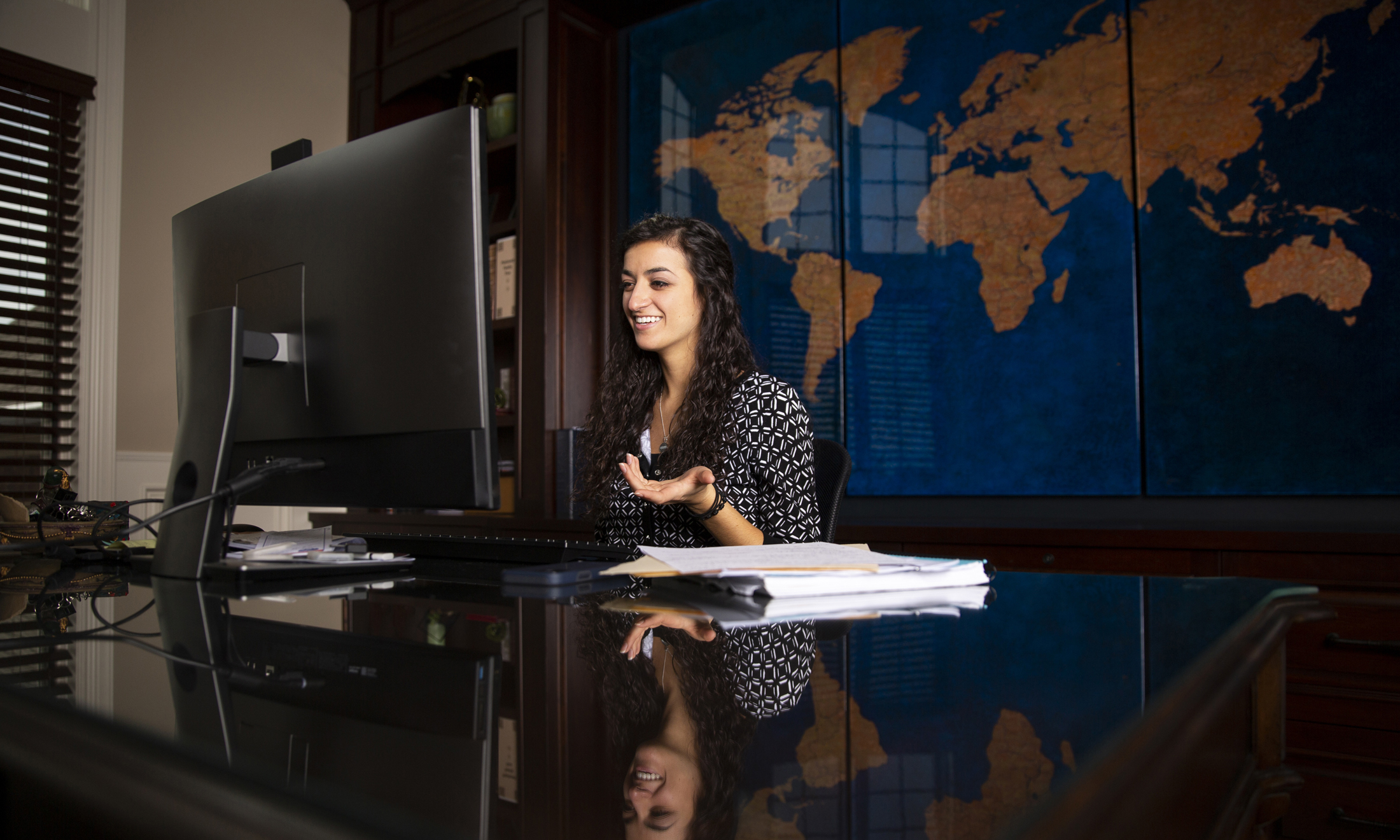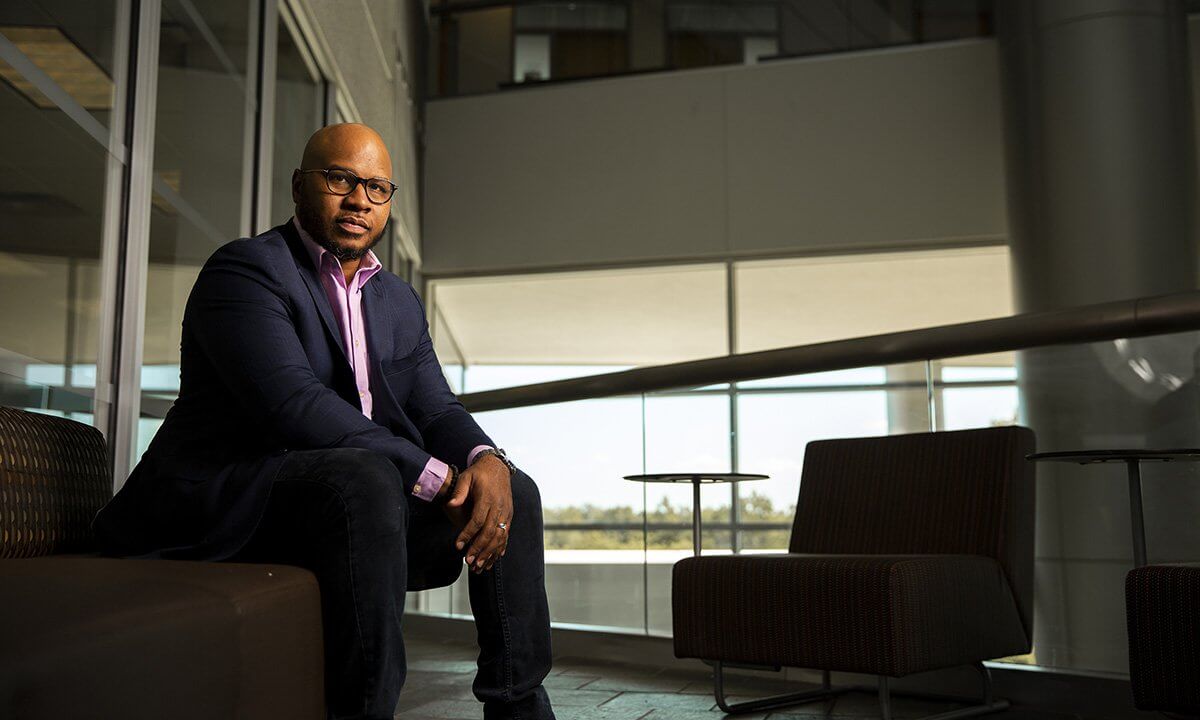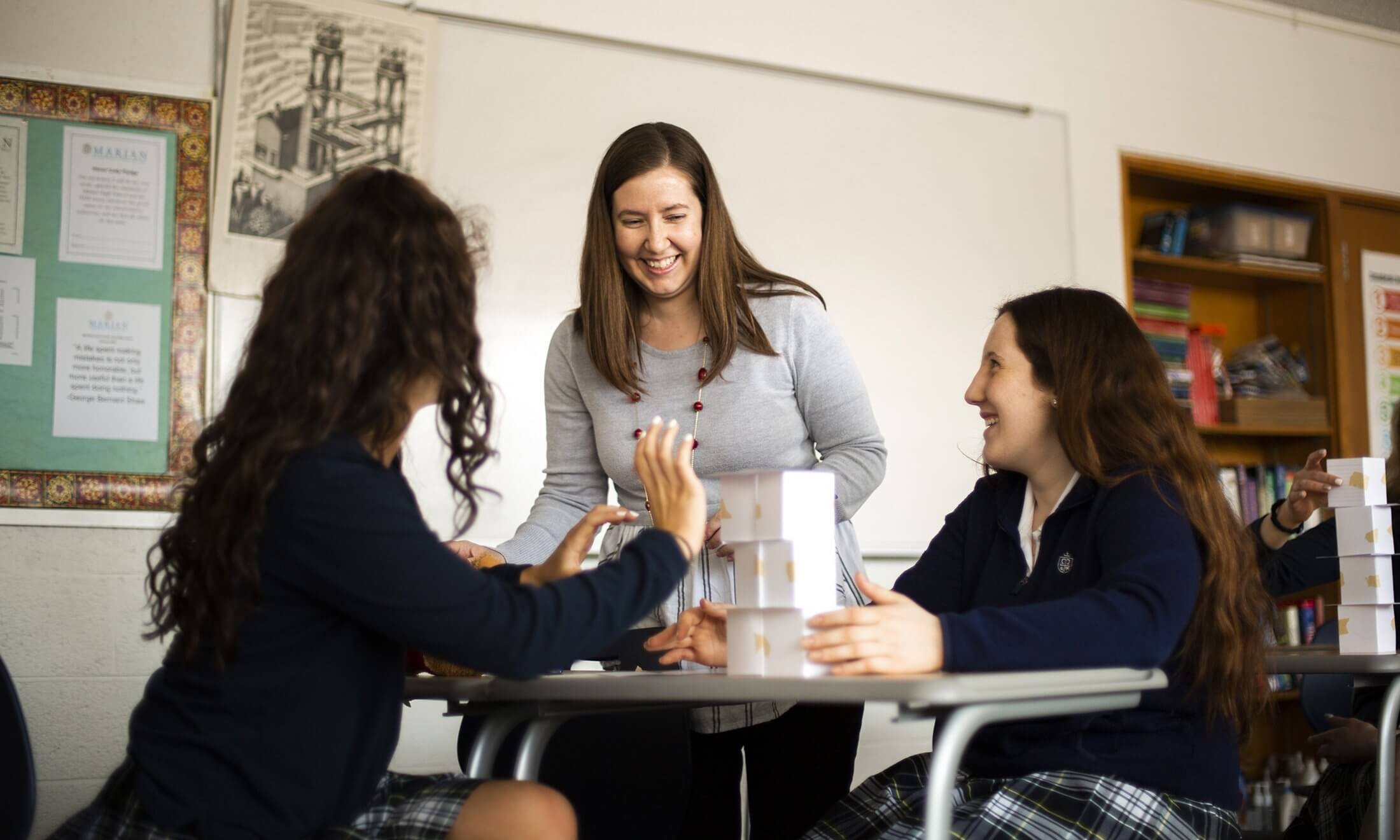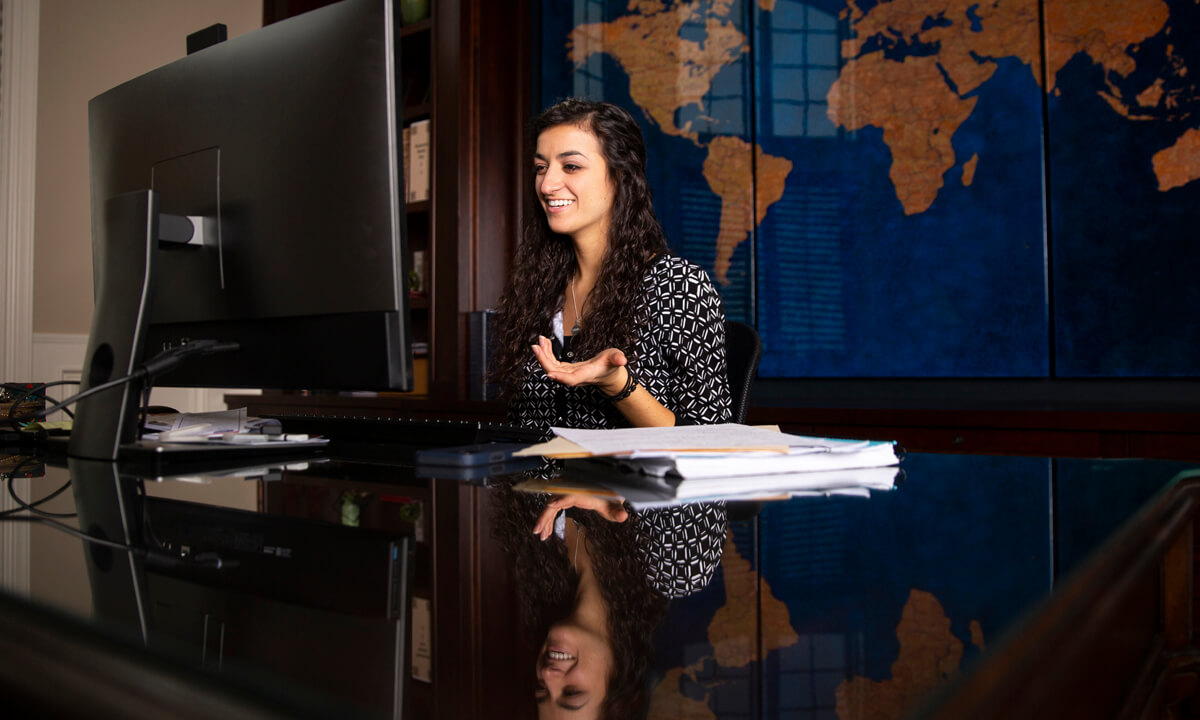Telehealth Counseling Services Implemented on Campus
Pandemic prompts need for virtual counseling platform funded by donation from community members.
Since the COVID-19 pandemic impacted the United States earlier this year, experts have reported a spike in telehealth, or virtual, counseling services, with 83% of individuals expected to utilize telehealth counseling even after the pandemic resolves. Counselors at Oakland University have seen the effects of offering a virtual counseling option firsthand and claim it could be groundbreaking in their approach to their practice.
“Telehealth … allows us to meet face-to-face, through a screen, when we cannot meet in person,” said Olivia Nash, coordinator for the School of Education and Human Services (SEHS) Counseling Center. “With telehealth, we are able to reach more individuals, as they no longer have the barrier of transportation or long commute to campus limiting their participation.”
According to Todd Leibert, associate professor and chair of the Department of Counseling, telehealth counseling has become essential in the wake of COVID-19.
“The airborne pandemic of COVID-19 meant that traditional face-to-face counseling could not be conducted safely and yet, the need for counseling was intensified due to the pandemic,” he said. “The ability to deliver counseling safely, through online communication, meant that counseling services and counseling training could resume, could be resuscitated.”
Although a telehealth option has proven to be convenient, its technological expenses made it difficult to offer. However, the Department of Counseling was able to utilize a $10,000 donation from alumna Michelle Robinson and former Board of Trustee member Ron Robinson to make these resources feasible.
The Robinsons’ gift was intended to be dispersed across the department over the next four years, with $1,000 being given the first year and $3,000 the remaining three. However, upon learning of OU’s need for telehealth counseling, they reallocated the funds to provide a larger sum of money within the first year.
“The mental health field has always been underfunded,” Michelle Robinson said. “More people are in need of mental health services than ever before and there is a shortage of counselors to provide the services communities need.”
In addition to the financial expense, department officials had to adapt to a new virtual format, taking into consideration the technological capabilities and any potential ethical or legal concerns. Although Leibert said the learning curve was “rugged and steep, with lots of potholes,” the department is satisfied with the end result.
With the implementation of telehealth resources on campus, student counselors now have the opportunity to continue the practical application of their practice through their work with clients.
“If we hadn’t switched to telehealth, we would’ve had to put our practicum students on hold indefinitely, as we are not able to social distance in the Counseling Center,” Nash said. “Wearing face masks also limits some important parts of counseling, which come from non-verbal communication.”
The Department of Counseling has even considered integrating telehealth into the counseling practicum permanently to ensure future counselors are prepared for any situation.
The SEHS Counseling Center has also been able to increase the number of clients it assists on a daily basis through the addition of a virtual option.
“Receiving the resources to adopt telehealth technology created a sort of rippling empowerment, starting with the SEHS Counseling Center, and then pushing out to student counselors and onto clients,” Leibert said. “Now, the SEHS CC will be able to reach more clients, and of greater diversity, and with more consistency, as clients can receive counseling regardless of the roadblocks of illness or literal transportation hindrances.”
The SEHS Counseling Center is a no-cost service, and its telehealth services are accessible to any Michigan resident over the age of 7 with internet access, which has proven advantageous to many clients, according to Nash. The success of SEHS Counseling Center’s telehealth resources also allowed for OU’s Adult Career Counseling Center to successfully shift to an entirely virtual platform.
“Telehealth services provide connection to important services to individuals who either cannot access in-person services or it may be detrimental to their health to engage in face-to-face services,” she said. “It allows us to continue to meet the behavioral health needs of persons in the community, and across campus, who otherwise would not be able to afford or access mental health services. This is critical at this time, as anxiety has increased with all the uncertainties that the world currently holds.”
According to the World Health Organization, over 60% of countries reported disruptions to mental health services for vulnerable individuals in the wake of the pandemic. Additionally, the National Health Council reported a 370% increase in per day anxiety screenings since the coronavirus impacted the United States in January.
“I was not aware of the impact [telehealth counseling] has until the pandemic swept our country,” Robinson said. “People were isolated and telehealth opened opportunities to reach out to people in their homes in a safe and caring way to help them cope with the rapid changes they were experiencing. It has been offered for years, it was not accepted until now, and it will be a big part in the future of counseling.”
Telehealth sessions have been in place since the second week of June at the SEHS Counseling Center and are expected to continue into the foreseeable future.
For additional information on the SEHS Counseling Center, visit oakland.edu/counseling/sehs-cc.

 March 05, 2021
March 05, 2021
 By Trevor Tyle
By Trevor Tyle



